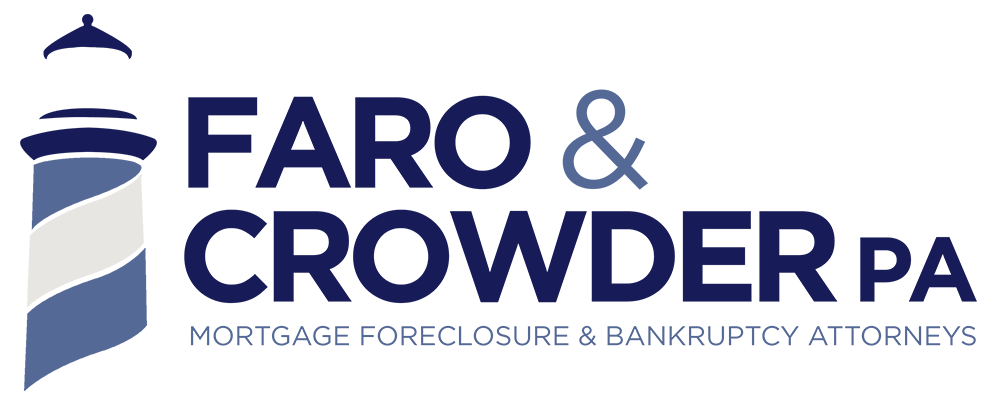If you are tired of being harassed by relentless debt collectors and you are wondering how filing for bankruptcy can help, the answer is a protection afforded to debtors called the “automatic stay.” As soon as you file your personal Chapter 7 or Chapter 13 petition, the stay immediately goes into effect and prohibits further collection activity against you. This means that all telephone calls, demand letters, lawsuits, garnishments and other similar forms of collection tactics must immediately stop.
Automatic Stay Exceptions
There are some exceptions to the automatic stay, so it is important to confer with a bankruptcy attorney regarding what matters will not be halted by your filing. Some of the more common examples of matters that can continue even though you filed for bankruptcy include certain family court matters, criminal court proceedings, and tax audits.
Creditors with Secured Debt
If you have a creditor that has a secured debt (a loan where you pledged an asset as collateral for the lender), it is important to understand that the creditor has the right to file a motion and ask the court to lift the stay as it applies to that lender’s specific debt. There are certain requirements that must be met for the court to grant this type of motion. If the court grants the creditor’s motion, the stay is lifted as to that creditor and the debt at issue. This means that the creditor can proceed with certain actions against you and/or the asset pledged as collateral. For example, if you fail to pay your car loan and you do not have insurance coverage on it, the bankruptcy court may permit your lender to repossess the vehicle.
Questions About the Automatic Stay?
Although the bankruptcy laws were designed to primarily protect debtors, they also set forth many safeguards for creditors as well. If you are concerned with how the automatic stay will apply to your debt and the collection actions being taken against you, contact us today.
